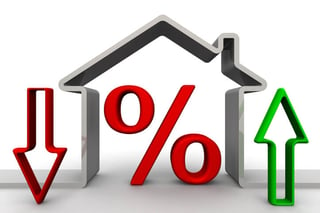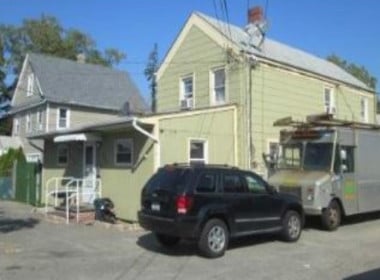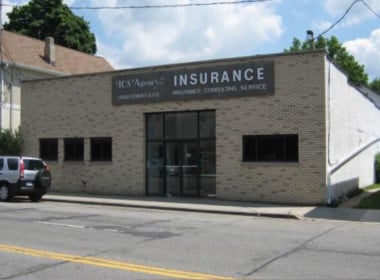How an Interest Rate Hike Can Affect Homebuyers and Owners
- March 09, 2017
- Buying, residential real estate, Finance, interest rate
- 0
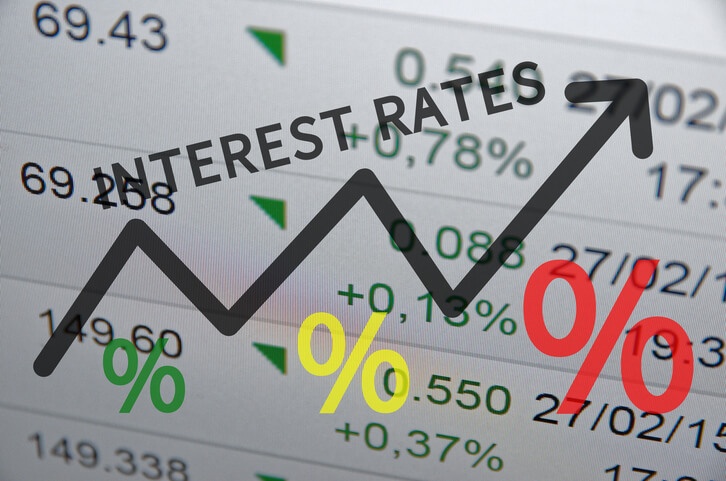
In December of 2016, the Federal Reserve decided to increase the key overnight bank lending rate by a quarter of a percent for only the second time since the 2008 financial crisis. It may not seem like much, and it may only be a short-term deal, but this will produce major consequences for the housing market and affect long-term loan rates for homes.
Ways in Which an Interest Rate Hike can Affect You
The Scope of the Issue
After the Federal Reserve implemented higher rates, there were serious ripple effects throughout the housing market. Between the 2016 election and their meeting, there was a half of a percent rise in 30-year fixed mortgages. For instance, if you have a $300,000 loan, your payments could increase by about $85 per month.
The Federal Reserve came up with this interest rate hike as a way to quell inflationary anxieties. When there’s more inflation, mortgage rates will continue to grow. These rates are expected to keep growing throughout 2017.
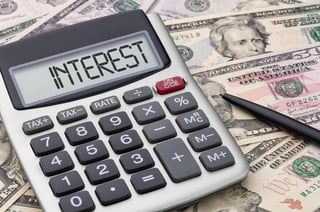
The Effect on Homeowners
For the most part, homeowners are highly unlikely to refinance on a loan when there’s growth in the national housing loan interest rate.
Most of these people usually have fixed rate loans, so they have nothing to worry about. However, if you don’t have a fixed rate, it might be time to switch over to one.
- If you have a home equity line of credit (HELOC), expect rates on your next payment to rise by a quarter of a percent, and also gradually grow throughout 2017.
- This isn’t ideal for homeowners. In general, HELOC rates are roughly one percent higher than a mortgage rate on a 20-year fixed mortgage.
- Say that you have a $100,000 loan, your fixed rate mortgage is going to decrease by around $85 per month. Therefore, getting yourself a fixed rate will only benefit you in the long run.
The Effect on Homebuyers
Interestingly enough, when there’s an interest rate hike, aspiring homeowners become more focused on buying a property before the rates spike any higher. But this isn’t always the best strategy for successful home buying.
In the face of an interest rate hike, it’s usually best to take your time and not rush into buying a new property. However, this can end up being a pricey mistake for some.
When you rush into buying a new home, you might end up settling for a bad deal. If you practice patience in the housing market, you can end up finding a better home at a much more reasonable price.
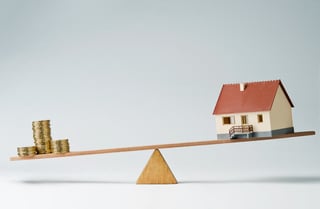
Just make sure that, no matter what, you always meet with your bank and lender so you can get your financials in order and find the best deal available.
An interest rate hike isn’t always a bad thing. You just need to make sure you take the necessary steps to make it work for you.

